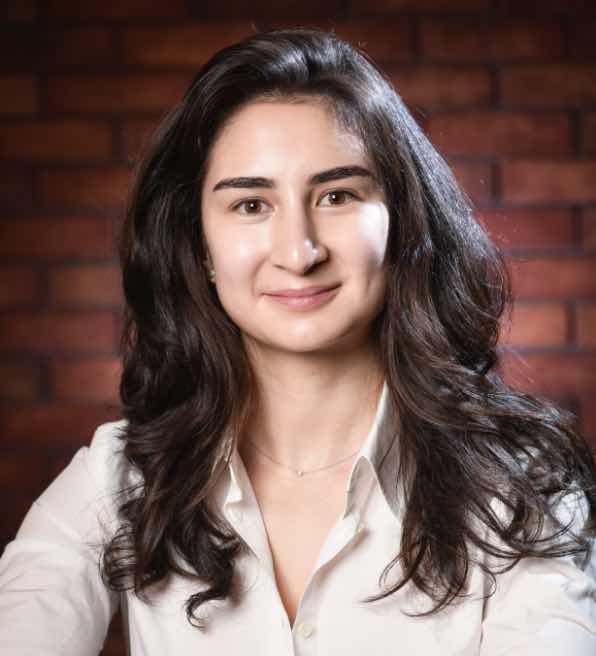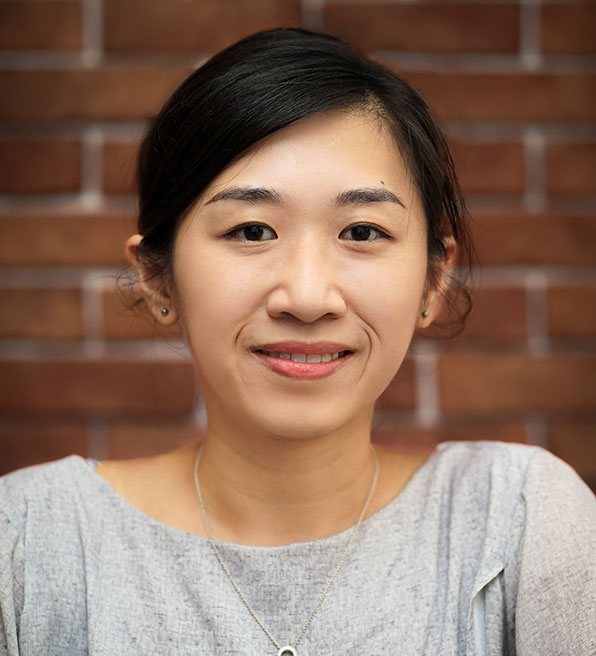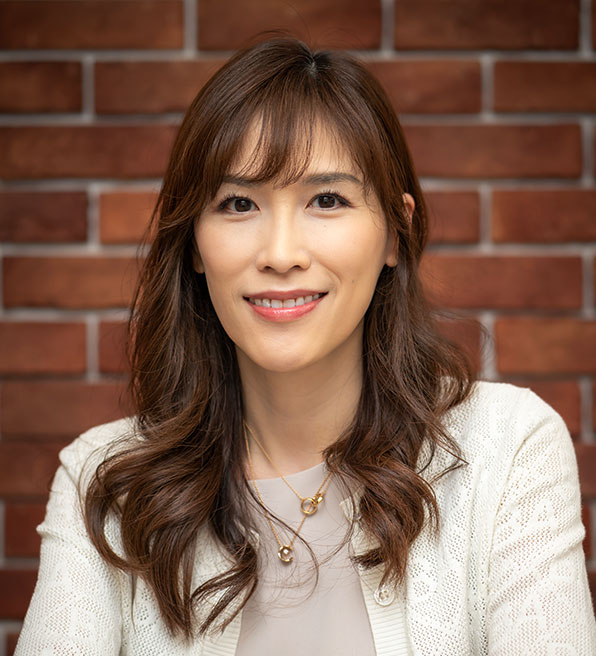認識創傷後壓力症(PTSD)
Table of Contents
什麼是創傷後壓力症?
創傷後壓力症(Post-Traumatic Stress Disorder,簡稱PTSD)是一種心理健康狀況,可能發生在個人經歷或目睹創傷性事件後。這些事件通常具有高度壓力、令人痛苦或恐懼的特質,包括但不限於:
- 危及生命的狀況
- 嚴重意外事故
- 自然災害
- 暴力侵害事件
在香港,許多受創傷困擾的人獨自承受情緒重擔,未能及時尋求協助。辨識PTSD症狀並透過心理治療或輔導尋求專業幫助,正是走出創傷陰霾的重要第一步。
哪些人會受到創傷後壓力症(PTSD)的影響?
創傷後壓力症可能發生在任何人身上,不論年齡、性別或背景。每個人對創傷事件的反應不盡相同——有些人可能在事件發生後立即感受到衝擊,而有些人則在很長一段時間後才會察覺影響。症狀出現的時間因人而異,差異可能相當大。
無論症狀何時顯現,尋求具有創傷治療專業背景的心理師進行治療,都能幫助你緩解所經歷的不適。重要的是要理解,創傷反應沒有標準模式,任何人在遭遇重大壓力事件後都可能需要專業支持來逐步恢復。
創傷後壓力症(PTSD)的症狀表現
創傷後壓力症的症狀通常可分為四大類別:
1. 侵入性症狀
患者可能會經歷與創傷事件相關的侵入性記憶、閃回(突然重現的鮮明記憶)和令人痛苦的夢境。這些症狀常讓患者產生「正在重新經歷創傷」的感受,造成極大的心理不適。
2. 逃避症狀
PTSD患者往往會刻意避開可能引發創傷回憶的場所、人群或活動,這種逃避行為可能導致社交退縮和情感麻木的狀態。
3. 認知與情緒的負面改變
包括對自我或他人持續的負面想法、感到絕望,以及難以體驗正向情緒。部分患者還會出現與創傷事件相關的記憶缺損問題。
4. 警覺性與反應性變化
這類症狀可能表現為易怒、睡眠障礙、過度警覺(對環境持續保持高度戒備),以及誇大的驚嚇反應。這些反應會使日常生活變得充滿壓力與挑戰。
在香港尋求創傷治療專家的好處
若您在經歷創傷事件後出現閃回(flashbacks)、焦慮、情感麻木或生活功能障礙等狀況,請聯繫我們專精PTSD治療的心理師團隊。
Central Mind 創傷治療專家能為您提供:
- 安全無批判的療癒空間
在專業引導下,你得以按照自身步調探索創傷記憶,無須承受恐懼或羞恥感。
- 實證為本的治療方案
治療師運用「認知行為治療(CBT)」及「眼動減敏重整療法(EMDR)」等專業方法,協助重整創傷反應網絡,有效減輕症狀。 - 個人化應對策略
學習專為你設計的技巧,管理閃回症狀、調節情緒波動,逐步恢復日常生活與人際互動。 - 香港醫療系統導航支援
我們的治療師將評估你是否需要精神科或醫療轉介,並提供本地化資源指引,協助你獲取適切支援。
為什麼選擇 Central Minds?
Central Minds 是香港獨具特色的專業心理治療機構,致力為每位來訪者提供最高品質的心理健康照護。我們擁有受過嚴格訓練的心理治療師與輔導員團隊團隊,在創傷治療與 PTSD 輔導領域具有多年豐富臨床經驗。
我們的PTSD治療方案
針對創傷後壓力症(PTSD)的治療,主要以心理治療為主,能有效協助患者處理創傷經驗並建立應對策略。我們採用的專業療法包括:
認知行為治療(CBT)
專注於改變與PTSD相關的負面思考模式與行為反應,透過系統化訓練重建健康認知架構。
眼動減敏重整療法(EMDR)
透過專業引導的眼動技巧,幫助患者重新處理創傷記憶,減低記憶帶來的負面影響。
對於症狀較嚴重或持續性案例,我們的治療師會與精神科醫師密切合作,評估是否需要配合藥物治療來控制症狀。我們將根據你的個人狀況,度身定造最適合的治療計劃。
認識我們在香港的PTSD心理治療專家團隊

Dr. Aurélie Comes
臨床心理學家及認知行為心理治療師
Dr Comes 是一位經驗豐富的認知行為治療師 (CBT),曾在英國國家衛生服務中心接受培訓並工作。除了 CBT 專業之外,她還擁有眼動減敏重整療法 (EMDR) 執業者資格。
Dr Comes 在私人和公共部門廣泛工作,服務經歷輕度到重度困難的客戶(例如抑鬱、憤怒管理、藥物濫用、睡眠問題、生活調整、人際關係困難)。她特別感興趣的領域包括創傷和飲食失調。
程綺蓮博士
臨床心理學家
Dr Ching是一位在英國接受過培訓的臨床心理學家,為在焦慮、情緒低落、壓力和倦怠、自尊、童年或特定事件創傷、人際關係和生活調整(例如搬遷、悲傷、慢性身體不適)有困難的成年人提供支持。她還擁有與情緒失調和高度敏感 (HSP) 患者工作的經驗。


Teresa Chan
認知行為心理治療師(CBT)
Teresa 是一位經過認證的認知行為心理治療師,在臨床心理健康領域擁有 10 多年的工作經驗。她擁有本科和碩士學位的心理學背景,並在英國完成了培訓,專攻認知行為治療領域。 Teresa 來自英國,母語是英語,但也能用粵語溝通。
Dr. Christine Mok-Lammé
臨床心理學家
Dr Mok-Lammé在香港出生長大。在美國完成本科學位後,她在香港一所中學任教兩年。然後,她移居美國,繼續學業,並在加州和科羅拉多州西部的幾個非政府組織工作。她擁有與移民、農民工和無家可歸的青少年工作的經驗。她也擁有在社區心理健康中心、精神病院和危機服務機構工作的經驗。在過去的幾年裡,她一直在科羅拉多州西部的一家私人診所工作,為不同的人群提供服務。她很高興回到香港,為家鄉提供急需的心理健康服務。


Bhavna Bharvani
臨床輔導員及關係輔導員
Bhavna 是一位在美國接受訓練的專業臨床輔導員,在加州行為科學委員會註冊 (LPCC 10182)。她開始在三藩市執業,在那裡與患有慢性和複雜創傷的個人、伴侣、青少年和 LGBTQIA+ 人士一起工作。她在各種環境中工作,包括社區心理健康、學校和處所藥物濫用治療中心。
Dr. Karen Wai Liem
臨床心理學家 ∙ 輔導心理學家 ∙ 航空心理學家
Dr Liem 擅長為青少年、成人、伴侶提供心理評估,並會按個案情況制定心理治療方案。Dr Liem 擁有超過 15 年臨床經驗,曾在精神科醫院、精神科門診、社區心理健康中心、社福機構、及航空 醫學部門任職。在臨床心理學、輔導心理學、航空心理學及企業心理學均具豐富經驗。


Dr. Hannah Sugarman
臨床心理學家
Dr Sugarman 是一位在英國接受培訓的臨床心理學家,在心理健康領域工作了 15 年以上。她在治療一系列不同的心理健康問題方面經驗豐富,在從抑鬱到焦慮和強迫症等各種問題上都有專業知識。她在身體健康方面的背景使她對與身心健康之間相互作用相關的問題產生了特別的興趣和專業知識,例如健康焦慮或沒有明確醫學解釋的持續身體症狀。
PTSD 常見問題
PTSD治療通常需要多久時間?
治療時間會因個人狀況和症狀嚴重程度而異。部分個案可能在幾個月內就有明顯改善,有些則需要更長期的支持。定期會談和持續參與治療過程對成效至關重要。
PTSD可以完全康復嗎?
雖然PTSD可能無法完全「根治」,但透過專業治療和支持,多數個案都能獲得顯著改善。在適當治療下,患者可以有效管理症狀,重拾充實生活。
是否提供PTSD線上治療服務?
是的,我們提供線上心理治療服務,讓你能在家中舒適地接受專業協助。此服務特別適合行動不便或居住偏遠地區的個案。
青少年適合接受創傷治療嗎?
當然可以。我們會根據青少年的發展階段與特殊需求,度身訂造適合的治療方案,使用專為年輕族群設計的治療方法。
如何開始PTSD治療?
你只需聯繫我們預約初次評估會談。在首次會談中,我們將:
- 共同擬定個人化治療計劃
- 深入了解你的狀況
- 評估具體需求








